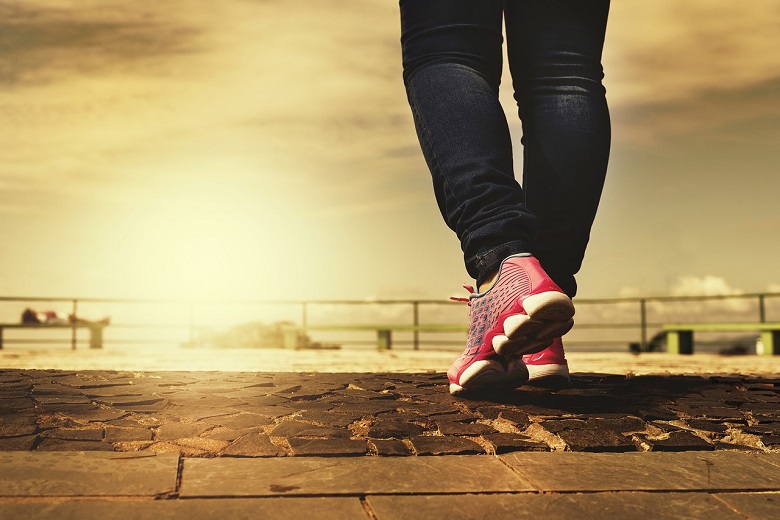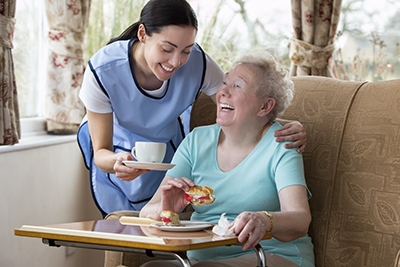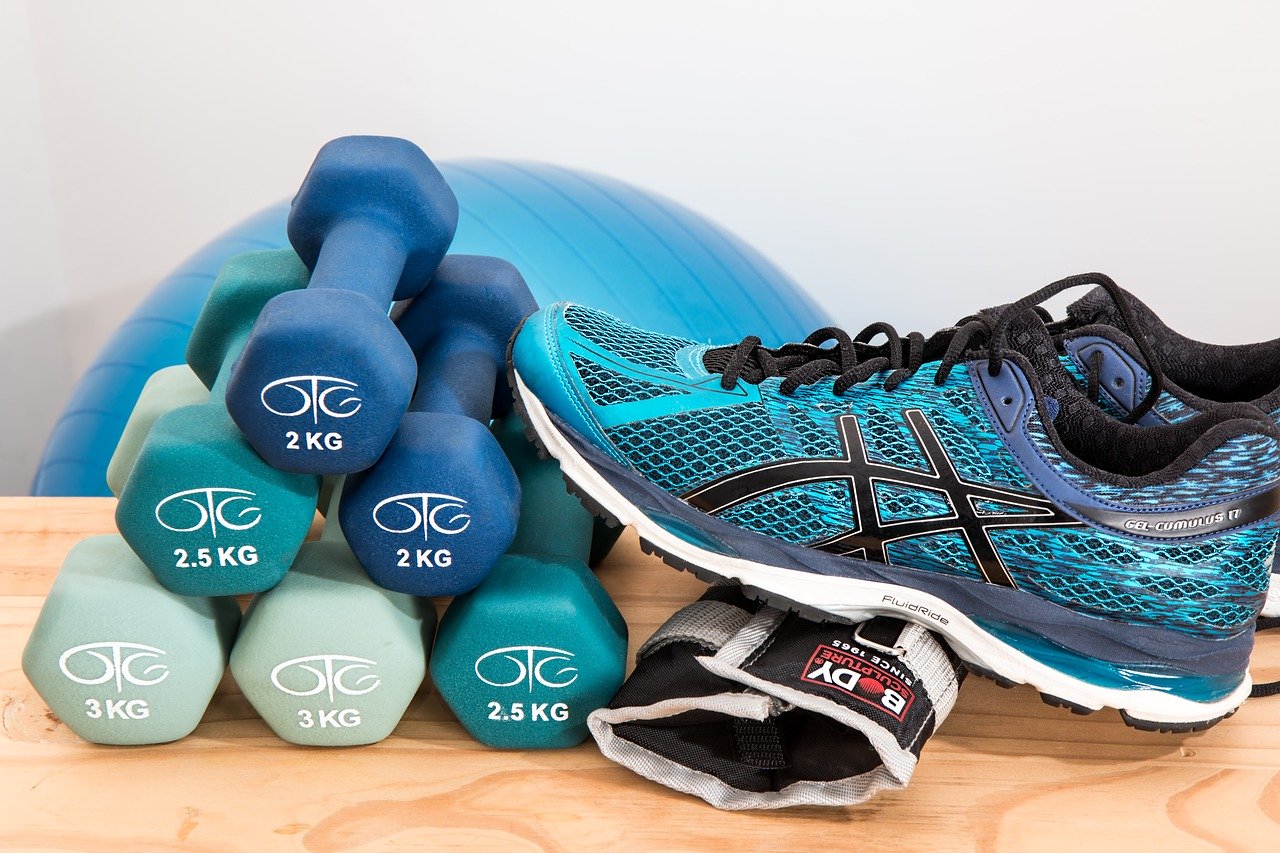We all know that physical activity (PA) should be part of our lives and is something we should do regularly, but it is not always possible. For people who care for others, it is especially challenging for them to exercise, but it’s very important that they do so as regularly as they possibly can. PA can be seen as a potentially powerful intervention to enhance family carers’ health, reduce carers’ burden and use of care services. PA is also reported to reduce anxiety and depression, both of which carers are also often reported to suffer from.

Depression and anxiety are illnesses that have a substantial impact on how we feel and think, as well as on how we behave. Depression and anxiety may also make us feel low in energy and this may be further off-putting when it comes to doing exercise. Exercise makes us breathe deeper and more regularly. It also makes our blood circulate better and bring oxygen and nutrients, including glucose, in a regular way to our muscles, organs, tissues and especially to our brain. Exercise improves our mood and both physical and mental health and wellbeing. The more regular our exercise is, the more of an effect it has on our physical and mental health and wellbeing.
Even before the COVID-19 pandemic of 2020, over 80% of 8,000 family carers lacked the time to exercise due to their caring duties.Not being aware of the health boosting effect that exercise has on our mood and physical health as well as mental health, means that we may not also see the reason to exercise. Carers who have a negative attitude or are indifferent to PA, are also less likely to support the person they care for when it comes to exercise. Exercise, for all the reasons mentioned above, can have a life changing effect on the lives of carers as well as on those they care for. Exercise helps us build up mental and physical resilience, functional reserves we can rely on when for example we become ill with infection or virus, or suffer a trauma.
Even before the COVID-19 pandemic of 2020, over 80% of 8,000 family carers lacked the time to exercise due to their caring duties. The COVID-19 outbreak and the following period of self-isolation made it much harder for carers to get any respite. This is true for carers who are struggling to manage increasingly challenging behaviours of persons with complex physical and/or mental health needs, particularly during the outbreak, as they cannot engage with their usual outdoors coping mechanisms.
As highlighted in our BBC1 broadcast on 4 May 2020, the increased demand for coping leaves even less time for carers to engage with physical activity. Carers, due to their caring duties, were at increased risk of social isolation before the COVID-19 pandemic, and find themselves further isolated during the pandemic. As a result, they could face further barriers to exercise. This is sadly the case for young carers as well.
 The 2011 census indicated that almost 178,000 of those under 18 years of age have caring responsibilities. The vast majority are providing under 20 hours of care a week, however thousands provide higher levels of care. These responsibilities can have a major impact on carers’ lives, especially when we consider young carers and their education, leisure, relationships and therefore physical and mental health. Young carers’ opportunities for physical activity are more restricted than for other young people, even under ‘normal’ conditions. The current pandemic, during which even the physical education and sporting activity in schools has ceased, has created additional problems for this group of carers. In addition, many young carers are at an age when questions of identity, relationships and making the transition to adulthood make them especially vulnerable to mental and emotional distress, which might in turn affect their volume and patterns of exercise.
The 2011 census indicated that almost 178,000 of those under 18 years of age have caring responsibilities. The vast majority are providing under 20 hours of care a week, however thousands provide higher levels of care. These responsibilities can have a major impact on carers’ lives, especially when we consider young carers and their education, leisure, relationships and therefore physical and mental health. Young carers’ opportunities for physical activity are more restricted than for other young people, even under ‘normal’ conditions. The current pandemic, during which even the physical education and sporting activity in schools has ceased, has created additional problems for this group of carers. In addition, many young carers are at an age when questions of identity, relationships and making the transition to adulthood make them especially vulnerable to mental and emotional distress, which might in turn affect their volume and patterns of exercise.
As a research team, we are currently undertaking a study with a view to understand what the experiences of informal young, adult and older adult carers are with respect to physical activity during the COVID-19 pandemic, self-isolation and beyond. By understanding more about the exercise/PA implications of the COVID-19 pandemic across the different age groups of carers, we can support them with more specific and fitting guidance, and make recommendations for initiatives to support all involved in the process of caring and keeping well.
Authors: Jitka Vseteckova, Nichola Kentzer, Jo Horne, Martin Penson, Martin Robb, Mary Larkin, Alex Berry, Melinda Spencer, Abigail Methley, Phil Taverner



Rate and Review
Rate this article
Review this article
Log into OpenLearn to leave reviews and join in the conversation.
Article reviews